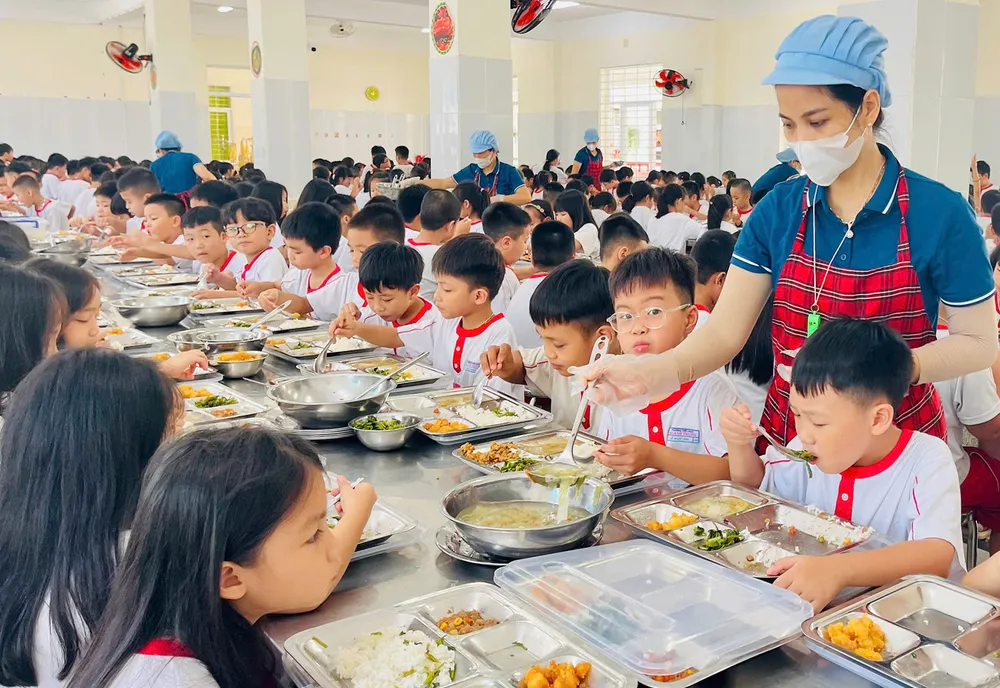
Maintain food safety in communal kitchens
The first move of the Ho Chi Minh City Department of Food Safety after the merger of Ho Chi Minh City, Ba Ria - Vung Tau , and Binh Duong is to coordinate with the Ho Chi Minh City Department of Education and Training to launch a comprehensive training campaign for nearly 3,500 leaders and school health workers on food safety; and online training for food safety officers in 168 communes, wards, and special zones across the city.
It is noted that the quality of shift meals for workers is improving day by day. This issue has been included in the resolution of the Vietnam General Confederation of Labor since 2016 to improve health and restore labor force for workers. The quality of shift meals is also one of the contents for grassroots trade unions to negotiate, include in collective labor agreements, monitor and respond to units and companies.
Clearly identifying more than 7,000 workers as valuable assets of the enterprise, Shyang Hung Cheng Company Limited (Thuan An Ward) has organized a collective kitchen since 2003 and maintained it until now. The special feature of the kitchen is that it does not use frozen food but commits to fresh food. According to Mr. Mai Thanh Tuyen, Chairman of the Trade Union of Shyang Hung Cheng Company Limited, the source of food brought into the kitchen is contracted by the company with a reputable supplier, so workers can rest assured about the origin, source and food safety. The union's culinary committee and the company's medical department also regularly monitor and supervise the activities of the cafeteria to grasp the opinions of workers. Feedback about meals is always listened to by the company's board of directors.
At Binh Duong Garment Joint Stock Company (Binh Hoa Ward), the canteen is designed to be modern, clean, beautiful and committed to complying with safe processing procedures. This enterprise has a medical team responsible for daily meal quality inspection.
With 66 export processing zones and industrial parks in Ho Chi Minh City, workers' meals are provided in many forms, such as enterprises organizing their own kitchens or ordering industrial meals. The role of the grassroots trade union plays an important role in adjusting and improving workers' meals.
Meanwhile, in the 2025-2026 school year, Ho Chi Minh City will have 3,500 schools with 2.6 million students at all levels - the largest number in the country. The risk related to food safety is also higher than before. Ms. Tran Thi An Pha, Principal of Quang Trung Primary School (Tam Thang Ward), said that to facilitate supervision, the school requires the food supplier to process directly on-site. Every day, from 6:30 am, ingredients are brought to the school for preliminary processing and cooking. By 9 am, the food is divided into covered stainless steel trays, serving more than 1,200 students. School staff supervise the entire process from preliminary processing to completion, teachers will eat with students for direct assessment. If food safety violations are detected, the supplier's contract will be terminated.
“In the coming time, the school plans to deploy classes in an “open” space model so that parents can directly observe their children’s learning, eating, and living processes,” said Ms. Tran Thi An Pha.
Encourage parents to supervise meals
To select a qualified supplier, schools must conduct surveys, evaluate capacity profiles, check partners supplying raw materials to the kitchen, and make specific requirements on the quality and quantity of meals. The source of raw materials must have a clear origin, giving priority to units in the safe food chain, units that have achieved VietGAP, GlobalGAP certification... However, according to Ms. Tran Thi An Pha, in addition to evaluating the capacity of the supplier through profiles, food safety supervision from the school is mainly sensory. Therefore, the support of authorities in checking, tracing the origin of raw materials or testing is very necessary.
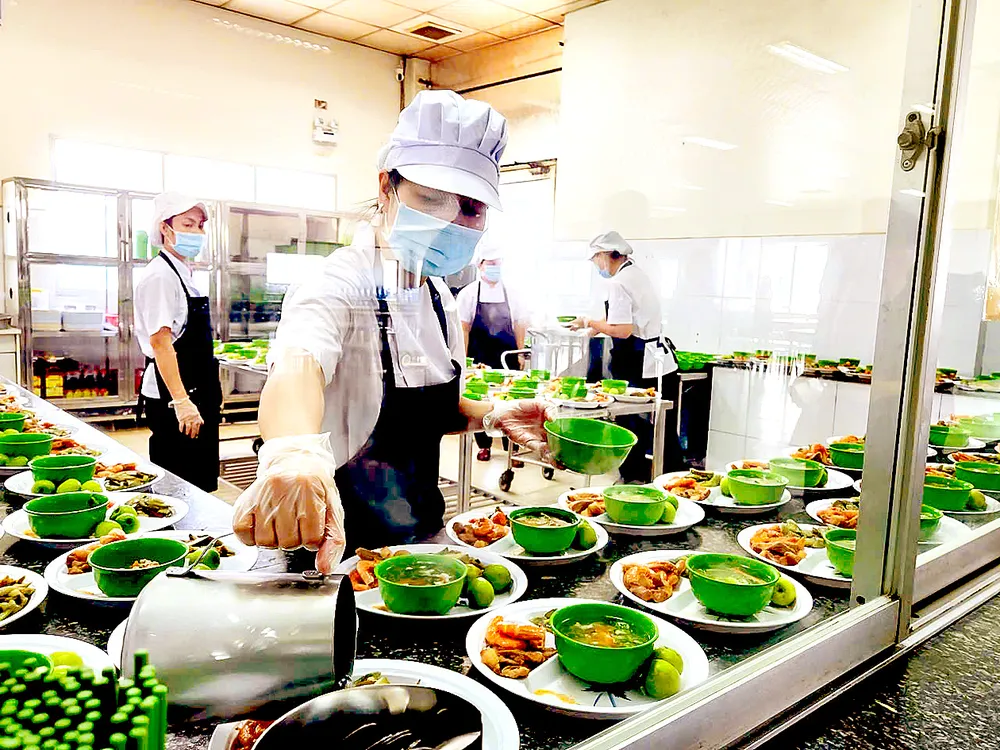
Caring about students' meals is a legitimate need of parents. Transparency in implementing school meals is also a criterion to strengthen the school's reputation. Currently, many schools have publicized the menu and daily food portions on the class's Zalo group, the school website, or posted at the school gate and kitchen area to ensure transparency. However, many parents are still concerned about their children's health when there are still places that do not provide menus, do not allow parents to enter the boarding dining area, take pictures of meals... Ms. Pham Khanh Phong Lan, Director of the Department of Food Safety of Ho Chi Minh City, affirmed that the supervisory role of parents should be encouraged because it contributes to increasing transparency, responsibility and publicity in the organization of school meals.
Right from the beginning of the school year, thousands of school officials and school health officers in Ho Chi Minh City have been equipped with legal knowledge and expertise in food safety. In addition, the Ho Chi Minh City Department of Food Safety also plans to coordinate with the Department of Education and Training and local authorities to organize periodic or surprise inspections to assess the actual operation of school kitchens. Compliance with food safety regulations and supervision cannot be done in stages but must be continuous and regular.
School food safety is not only a professional task but also a moral responsibility to future generations. An unsafe meal is a risk of losing social trust. There is no transition zone, no exception in ensuring school food safety.
Ms. PHAM KHANH PHONG LAN - Director of Ho Chi Minh City Department of Food Safety
Source: https://www.sggp.org.vn/chu-dong-giam-sat-bep-an-tap-the-ngay-tai-co-so-post818644.html






![[Photo] The Steering Committee of the 2025 Fall Fair checks the progress of the organization](https://vphoto.vietnam.vn/thumb/1200x675/vietnam/resource/IMAGE/2025/10/20/1760918203241_nam-5371-jpg.webp)





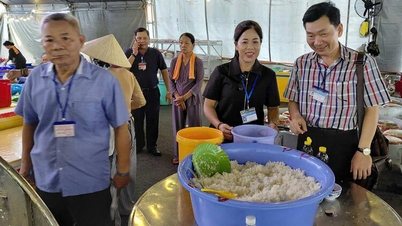

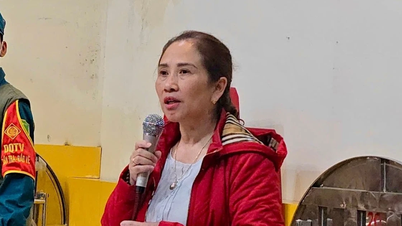


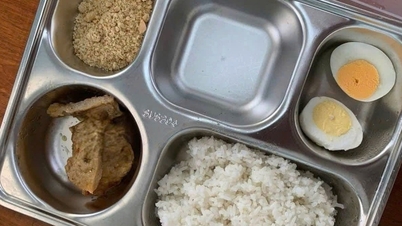

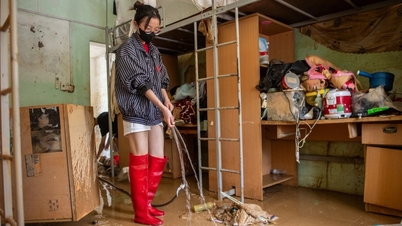
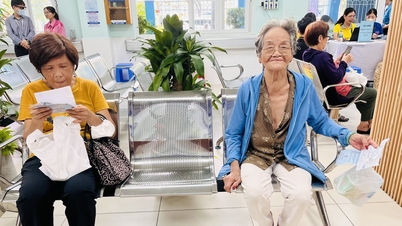


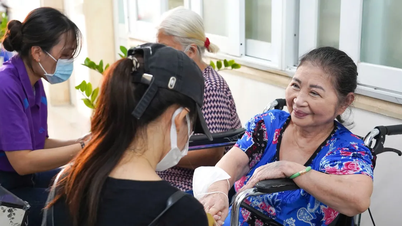
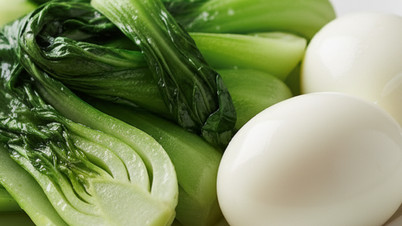






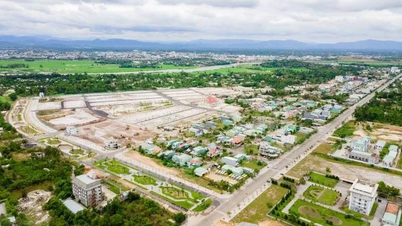
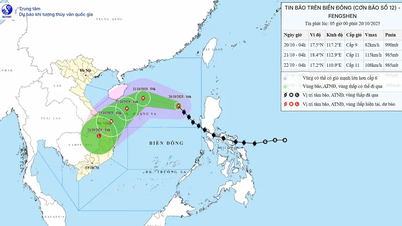

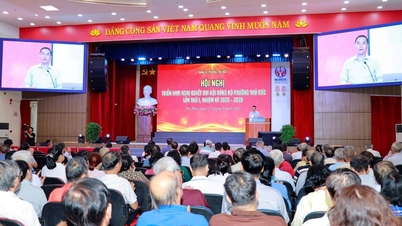





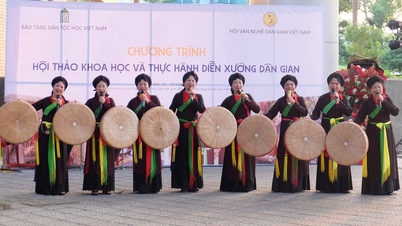



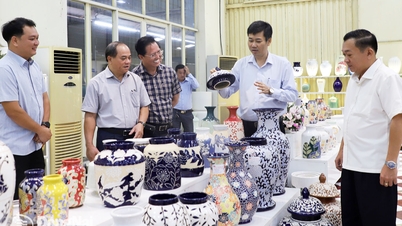



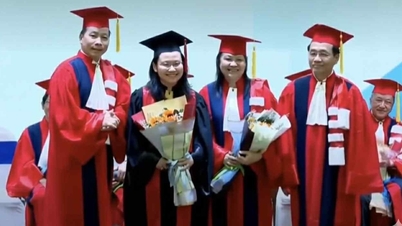


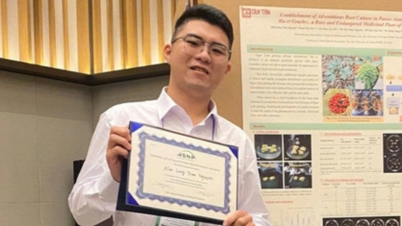


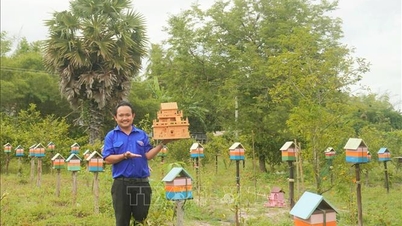


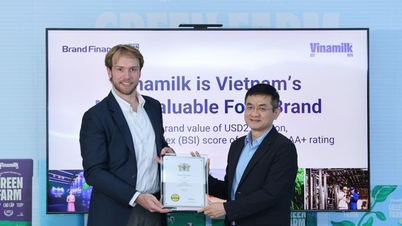



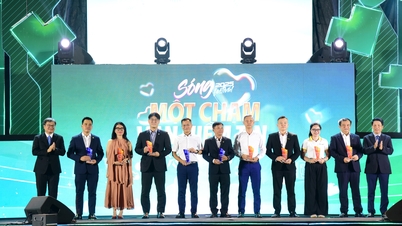









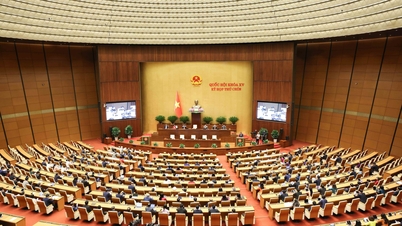

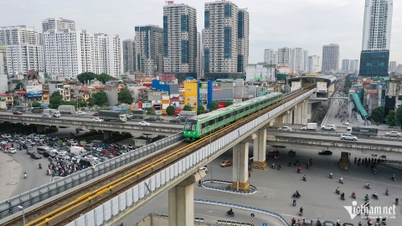

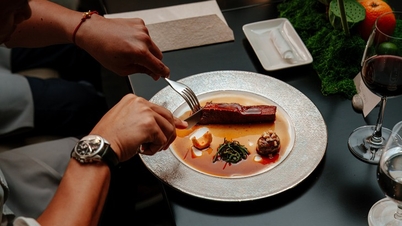







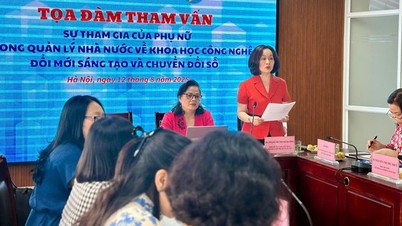
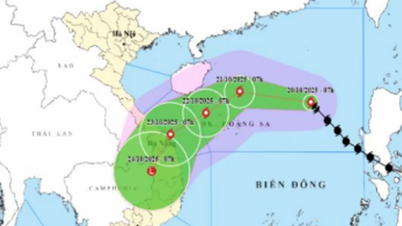



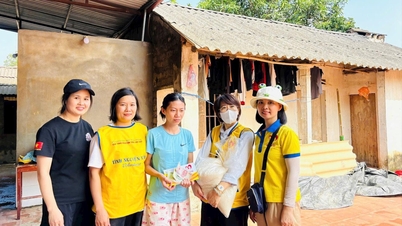


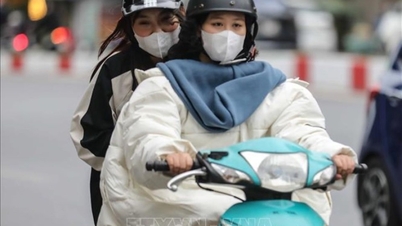















Comment (0)